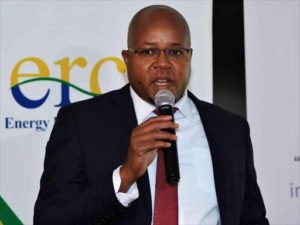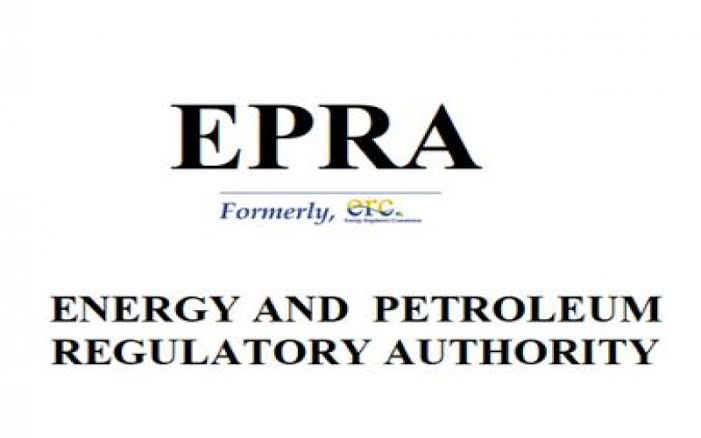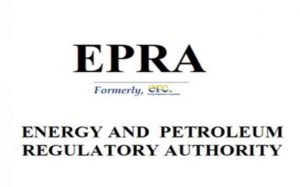Kenya Power newest attempt to increase the electricity prices shortly after a temporary reduction in said charges, has been met with stiff resistance from the regulatory body in charge.
The Energy and Petroleum Regulatory Authority (EPRA) which is the regulator for the electricity sector, announced that it had received an application for tariff increases from Kenya Power, following the July expiration of the temporary reduction of electricity charges.
The regulator stated that the submission would most likely be rejected.
On Wednesday the 4th of September 2019, A director at Kenya Power director, stated that the company was only seeking what was taken from it in 2018 and cautioned that it would aggressively resist attempts by the regulator to reject the higher tariffs.
The director who according to Business Daily Africa sought anonymity, stated that, “Our rates were cut last year with the promise they will be increased from July this year. We will aggressively demand for new tariffs because we need money to upgrade the supply network.”
This development could prove problematic due to the fact that Kenya is aiming to make its energy costs competitive when compared with the energy costs in other African nations like Egypt, Ethiopia, and South Africa, so as to attract new investments.
In 2018, The Energy and Petroleum Regulatory Authority (EPRA) issued a cut in the retail prices for electricity after an order from President Uhuru Kenyatta which was given as a result of widespread complaints from domestic customers and small businesses about the rather expensive tariff introduced in July 2018 which almost doubled the monthly bill for higher income households, and resulted in a series of complaints which in turn forced The Energy and Petroleum Regulatory Authority (EPRA) to cut the tariff to 10 Kenyan Shillings per kilowatt hour from the previous figure of 15.80 Kenyan Shillings for customers who use below 100 kilowatt units per month.
The tariff cut was to last from November 2018 to July 2019.
Kenyan law states that electricity tariffs should be reviewed every three years. That timeframe has however not been followed judiciously as the regulator has often either adjusted or delayed the rates, due in part to the Kenyan Government looking to ease the pressure from inflation on households and industries.
The electricity costs for low income earners who use 50 units increased to 1,063 Kenyan Shillings in August 2018 after the tariff increase in July of the same year from 695 Kenyan Shillings. Following the order by President Uhuru Kenyatta, it dropped to 757 Kenyan Shillings.
Kenya Power is now seeking for restoration of the higher tariffs.
The Energy and Petroleum Regulatory Authority (EPRA) stated on Thursday the 5th of September 2019, that Kenya Power’s higher tariff application would be met with stiff resistance, and added that the electricity distributor’s bulk power purchase costs from firms like KenGen will fall, thus lowering its operating expenses.

While speaking to Business Daily Africa the Director-General of the Energy and Petroleum Regulatory Authority (EPRA); Pavel Oimeke said, “Yes KPLC has applied for an increase in tariff, but this does not support the Big 4 Agenda since energy has been identified as an enabler.”
He added that, “A decision is yet to be made, but there is a high likelihood it will be rejected by the EPRA Board.”
Kenya Power has consistently aimed for higher tariffs, arguing that it needs them to cover the capital-intensive nature of building and maintaining a nationwide electricity distribution infrastructure.
Each year, Kenya Power reportedly spends billions of Kenyan shillings on power lines, transformers, labour operations, as well as other expenditure items.
In the year ending in June 2019 alone, the company’s distribution and transmission costs increased by 14.1 percent to 39.6 billion Kenyan Shillings, compared to 34.7 billion Kenyan Shillings in the previous year.
The margin by which Kenya Power is seeking to raise the existing tariffs however, is not yet known.



